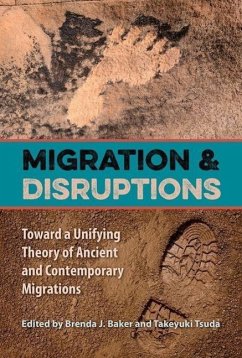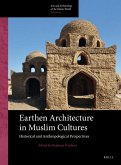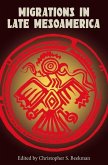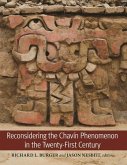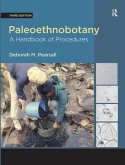Migration has always been a fundamental human activity, yet little collaboration exists between scientists and social scientists examining how it has shaped past and contemporary societies. This innovative volume brings together sociocultural anthropologists, archaeologists, bioarchaeologists, ethnographers, paleopathologists, andothers to develop a unifying theory of migration. The contributors relate past movements, including the Anglo-Saxon settlement of Britain and the Islamic conquest of Andalucía, to present-day events, such as those in northern Ethiopia or at the U.S.-Mexico border. They examine the extent to which environmental and social disruptionshave been a cause of migration over time and how these migratory flows have in turn led to disruptive consequences for the receiving societies. The observed cycles of social disruption, resettlement, and its consequences offer a new perspective on how human migration has shaped the social, economic, political, and environmental landscapes of societies from prehistory to today.
Bitte wählen Sie Ihr Anliegen aus.
Rechnungen
Retourenschein anfordern
Bestellstatus
Storno

